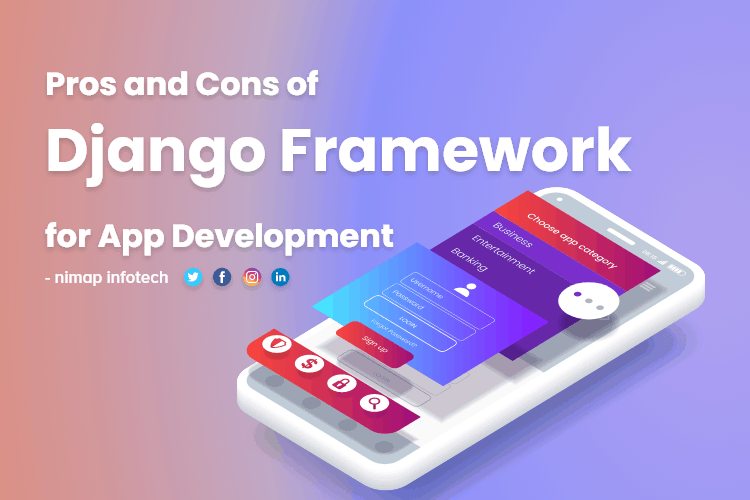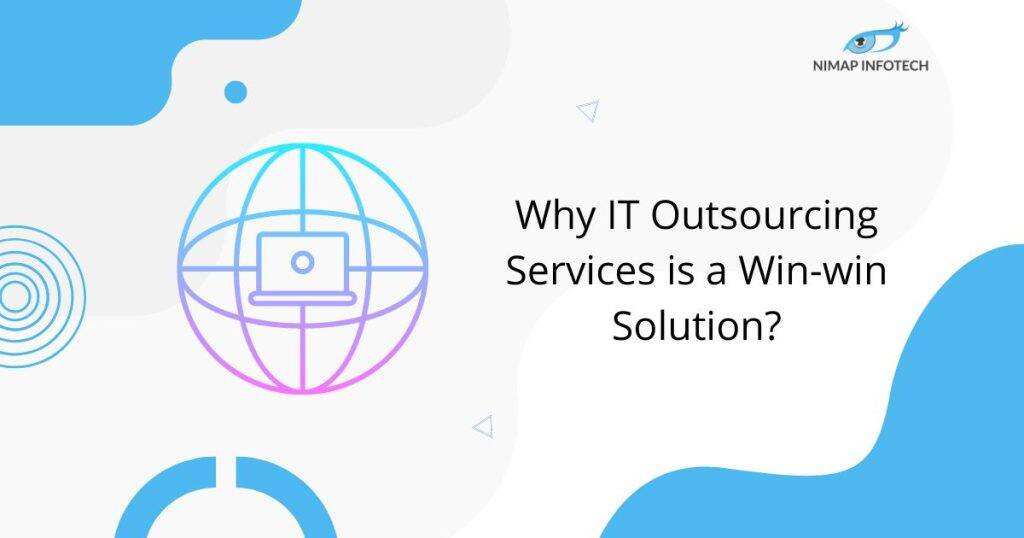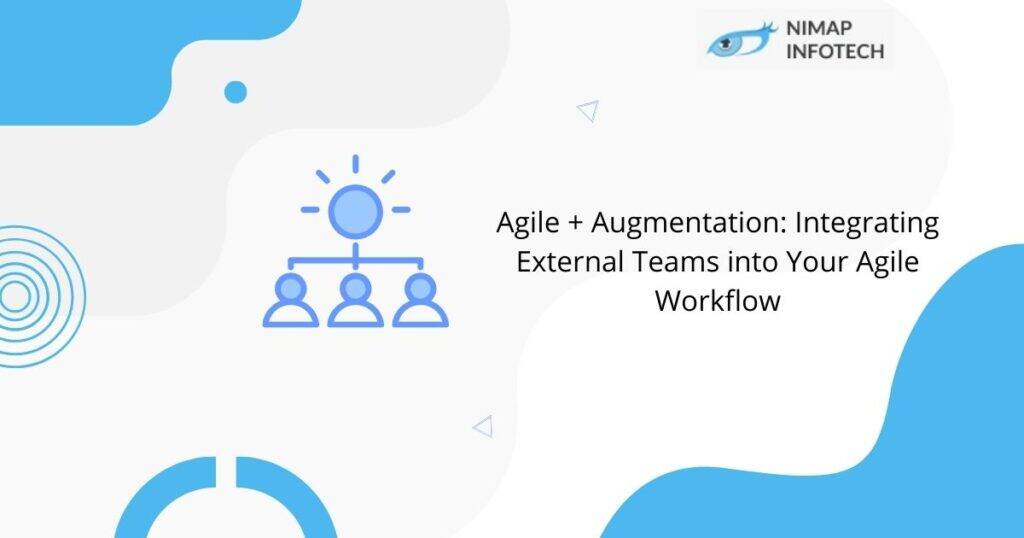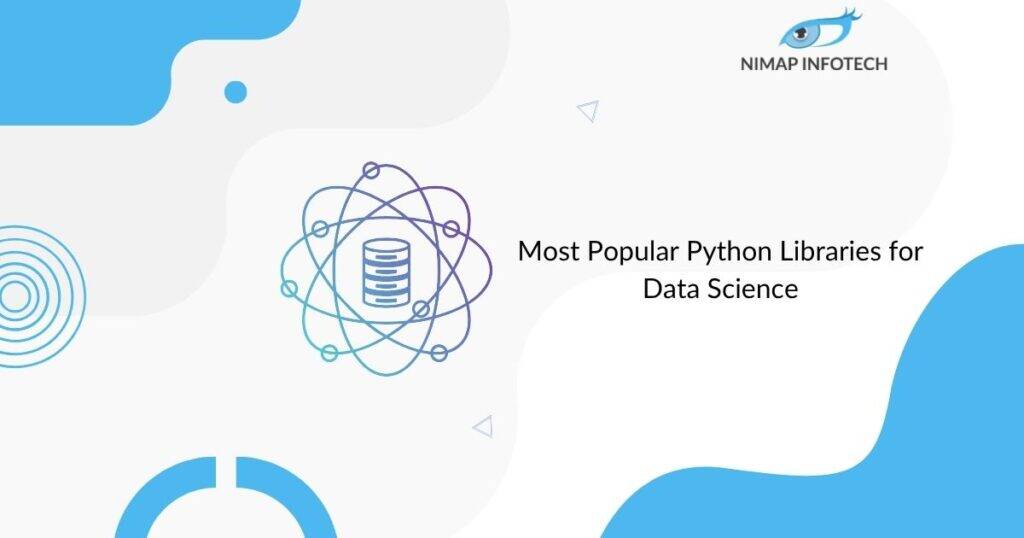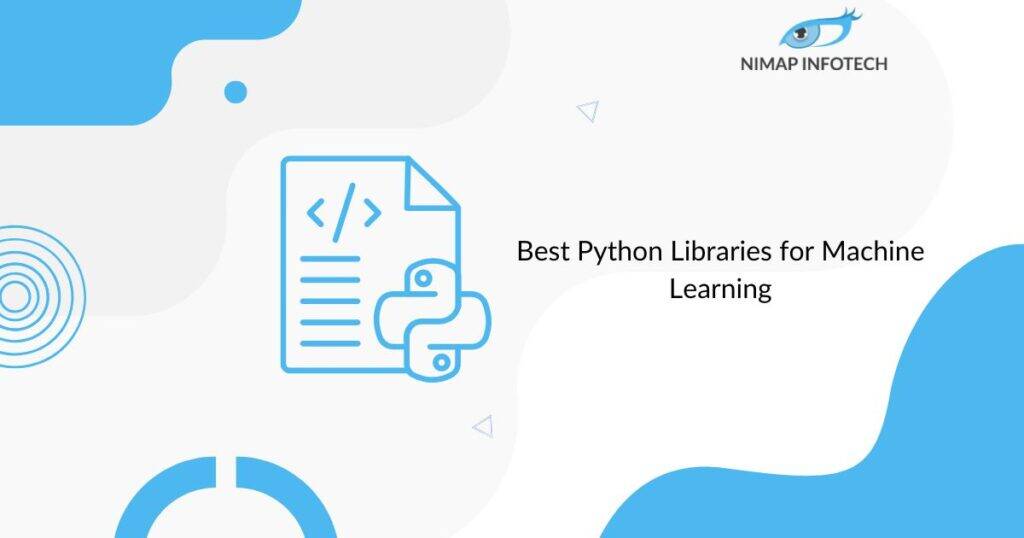Secondly, Today Django gains popularity as one of the heavily used frameworks mainly used for web development purposes. Developers and designers mainly and widely appreciate the batteries included approach that Django follows and preaches in the developer’s community. This means the if you’re a Django developer, you do not have to add third-party separate libraries for providing functionality to your web application. Django provides multiple features and functions to add functionality to your web application and this can range to any web application.
Batteries Included Philosophy used by Django Framework
Django makes use of the MVT architecture which is also commonly known as the Model View Template-based architecture. Django developed as an open-source web app development framework coded and developed exclusively in Python language. Due to this approach, Django is able to provide clean coding practices and principles for web application developers.
When you combine python with Django, web development becomes easier. This is because python has no inherent capabilities by itself to support web app development. But Django has been designed from the ground up to provide web development capabilities to developers and designers. Django is able to bridge and complete the gap that python has.
Web Development using Django is highly popular because of its main batteries included approach or philosophy. Developers and designers can easily write code and they do not have to code each and every functionality right from the start. This saves precious developers and coders time and increases their productivity and efficiency.
The Django Web framework is also able to provide a higher or advanced set of functionalities such as Object Relational Model, User authentication, database management, forms, admin panel, and more.
Why Django?
Django developers love the inherent capabilities that it provides because it simplifies working with databases pretty easily and efficiently. Django accelerates the development process and makes developers enabling them to develop scalable and maintainable applications. Developers also mainly use Django because of its unique ability to split multiple Django projects into different applications.
While Django developers and coders use this wonderful framework for multiple projects, it comes with its own set of advantages and disadvantages. There are some developers who have accepted and love the Django framework while some prefer to use age-old frameworks such as Ruby on rails.
Understanding the Pros and Cons of the Django framework is compulsory for developers and designers. They provide a clear mindset to developers who are confused about which framework should be used for development.
Pros and Cons of Django:
Advantages or Pros of Django Development
There are many developers who mainly prefer to use Django. Django has established its dominance over the frameworks market because of its exemplary capabilities in the machine learning and artificial intelligence sector. Django provides unique capabilities due to its computational and statistical approach for implementations. Some of the major points for Django development are highlighted below:
-
Batteries Included:
The major and forefront benefit that Django web development has is because of its batteries-included approach. Instead of writing and creating code from the start, Django provides a unique ability to developers and designers to use inbuilt features and functionality without the need of writing additional code. There are readymade packages for adding functionalities.
Due to this approach, it saves a huge amount of developer time as well as efforts and developers can focus and concentrate on adding advanced functionalities.
Developers can make use of different packages that are developed by world-class Django community members and is available freely as Django preaches open source.
Developers are free to use different packages to implement features and functionality. Such as the use of an admin package to implement admin interfacing, authentication package to implement authentication, session management package to enable session management, and many more.
Because all of these features are included and bundled with the Django framework. Developers can easily import packages and use this functionality right away in their applications.
-
Flexible framework:
Unlike RoR, Django does not adopt the convention over configuration approach or mechanism. Because it is python written, Django provides more amount of dynamism and flexibility to developers.
Developers are able to configure the framework tool on the go. This depends on their needs and requirements for building web applications.
Django provides robust and excellent support for external libraries as well as packages. Since it is written in python, you can import a package in python without any security concerns.
Django development places more emphasis on the development done using explicit programming instead of implicit programming. This makes it one of the ideal frameworks to be used to implementing rapid and swift changes to applications.
Also Read: Rapid Web Development With Python & Django
-
Faster development:
One of the major and primary pros of Django development is that it enables developers to perform swift development activities. Companies and organizations can mainly use this approach to speed up their development efforts for developing applications for the masses. This is because companies will have more time to focus on their minimum viable product as well as increase their time to market the application.
Django provides developers with internal benchmarks to measure their overall development speed. With proper settings and configuration, Django can optimize web applications pretty easily and efficiently.
While python may seem to be too much of an overkill for the development of applications. Due to its sheer size and the enormous features and functions that it provides, it can slow down the application’s performance. Django compensates for this approach and provides the appropriate optimizations to web applications.
The framework’s setting and configuration as well as its architectural design allow developers to use multiple components at the same time. This enables rapid and swift development on the developer’s front. Developers can work in parallel without sacrificing development speed and performance.
-
Machine learning capabilities:
Django app development is highly embraced and preferred by developers who work on machine learning algorithms. FLASK can also be of great use when developers use Django to implement ML algorithms. Due to its lightweight nature FLASK is a complement for developers who use Django for ML activities.
Django is more advanced and powerful due to its unique ML libraries such as PyTorch, NumPy and other libraries.
The Django framework’s efficiency for unique computational and statistical capabilities makes it ideal for machine learning implementations.
Companies and enterprises are fully utilizing and exploring the power of Django web development for their applications.
Django is also able to provide regression as well as prediction capabilities which enables intelligent application development.
Disadvantages or Cons Django Web Development
Even though Django is robust and a rugged framework and is well known for its capabilities that is offered to developers, it still is not the main or primary framework for many programmers still. There are still some disadvantages to Django which experienced developers agree on and prefer to use other frameworks to get on with.
-
No Conventions:
Most programmers and developers are not in favor of Django mainly because of the lack of conventions.
When you compare it with Ruby on rails, the framework lacks a set of principles that developers can easily follow and abide by.
Developers who have worked on frameworks having conventions over configuration simply makes things difficult for them to follow and implement in the application.
Often configuring as you develop or on the go can give rise to mismatched components. And due to this many developers are not comfortable with this nature.
-
Not for smaller projects:
The Django framework is not appropriate for smaller projects per se, because it seems to be overkill with the huge ginormous features and functions that Django has to offer. It is simply too much for smaller projects to handle and can easily bog down the performance of the project due to the sheer size and nature of the framework.
Web development done using Django for smaller projects seems to be a difficult task simply because of the unique features and functions that it has to offer.
-
Steep Learning Curve:
One of the main disadvantages or cons of using Django for web app development is it presents a steep and deep learning curve to budding and novice developers and designers. Even though it is a clear and simple framework developed using python language. It can make things difficult to learn for inexperienced developers. These developers who have little to no programming background or experience in web development can be learning Django to be difficult for them.
Developers who have no experience have to learn and master Django for a long amount of time. Till they become professionals well versed with the framework.
Read More: Django Best Practices 2021
Conclusion:
It ultimately boils down to your personal preferences which tool you want to use. If you’re looking to hire Django developers then do contact us at enquiry@nimapinfotech.com or info@nimapinfotech.com with your requirements. Hope you like this blog on Pros and Cons of Django, do check our other blogs.
Author
-

Sagar Nagda is the Founder and Owner of Nimap Infotech, a leading IT outsourcing and project management company specializing in web and mobile app development. With an MBA from Bocconi University, Italy, and a Digital Marketing specialization from UCLA, Sagar blends business acumen with digital expertise. He has organically scaled Nimap Infotech, serving 500+ clients with over 1200 projects delivered.
View all posts

